Keynote Speech
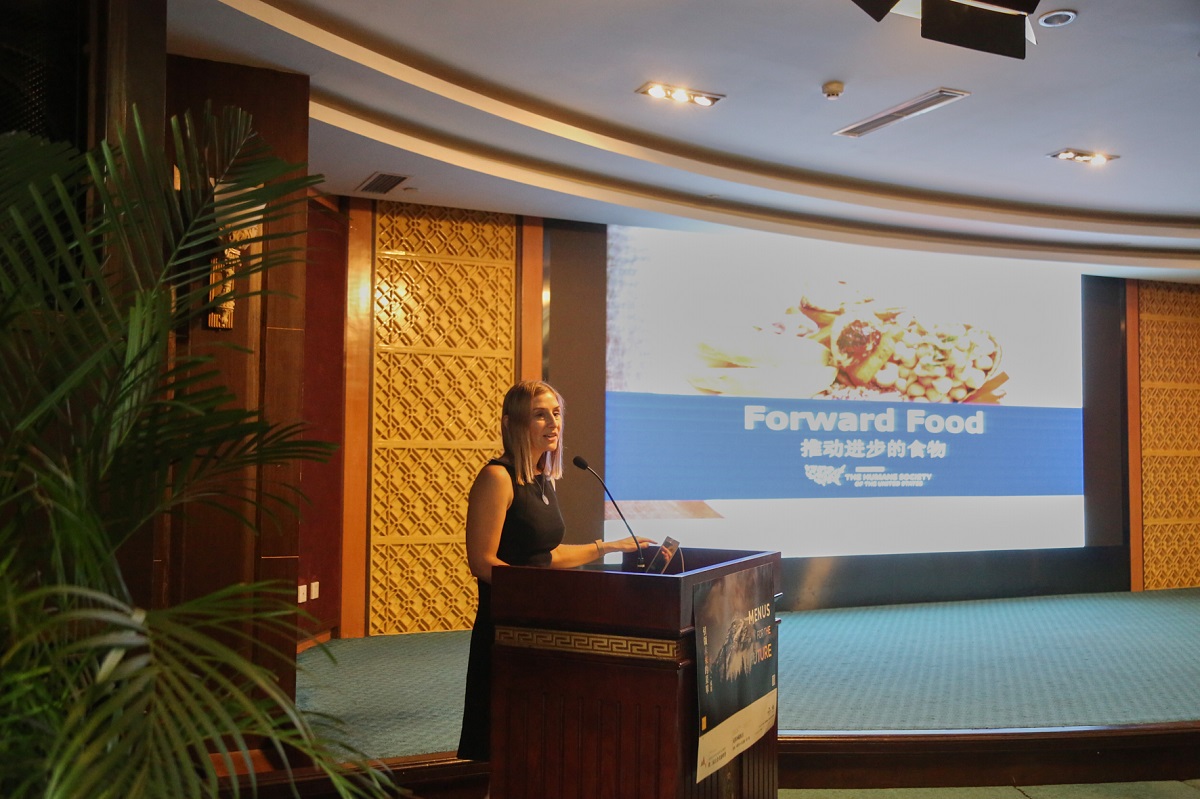
Christy Middleton
Executive Director of the Protect Farm Animals Campaign of the Humane Society of The United States
Christie Middleton is part of the Humane Society of The United States, the world's largest animal protection organization. She has been working on farm animal protection for the past decade. In the human food supply chain, the vast majority of animal products come from factory farms. In a better and more humane society, one of the essential directions for development is to reduce animal products' consumption which is a way to alleviate burdens on the global environment and protect thousands of lives.
Christie hopes to convey the real food cost message to the public by communicating face-to-face with individuals through various activities, and positively influence the individual's consumption patterns.
But this requires more top-down advocacy to change, and Christie turned to schools' food policy. The first is to promote a "Meatless Monday" event. Schools in the United States began to join in this event, providing a pure, plant-based meal on Mondays. One of the schools started to purchase free-range eggs and turned one of the five canteens on campus into a vegan one. Even desserts served in the canteen are entirely vegan.
While advocating for change in the schools' food policy, Christie thought of the more prominent protagonist behind the school: food vendors catering for many campuses. So far, they have established a cooperative relationship with the top three catering groups in the United States: CampusGroup, Sodexo and Aramark, increasing the proportion of plant-catering supply. Aramark Catering Group alone has increased its plant-based supply by 30%.
What enabled Christie, someone committed to animal protection with no prior experience in the food service industry, to successfully change food and beverage industry's direction?
First, professionalism. At present, Christie's team has 20 members, and has provided more than 200 cooking training and peer exchange meetings across schools in America, medical institutions, and even the military. For every consumer, professionalism means amazing food!
Second, perseverance. Many people have no confidence in the face of change, so the chance of being rejected is often higher. Therefore, it is more effective to try one’s best in turning infeasible into feasible through perseverance and hard work.
Third, the establishment of a good relationship. "Don't let others think that being vegetarian is boring. We can also have a lot of fun." So, don't always take work too seriously. Engage in offline parties, outdoor activities, etc. These relaxing moments are often a perfect time to strengthen relationships and promote your work.
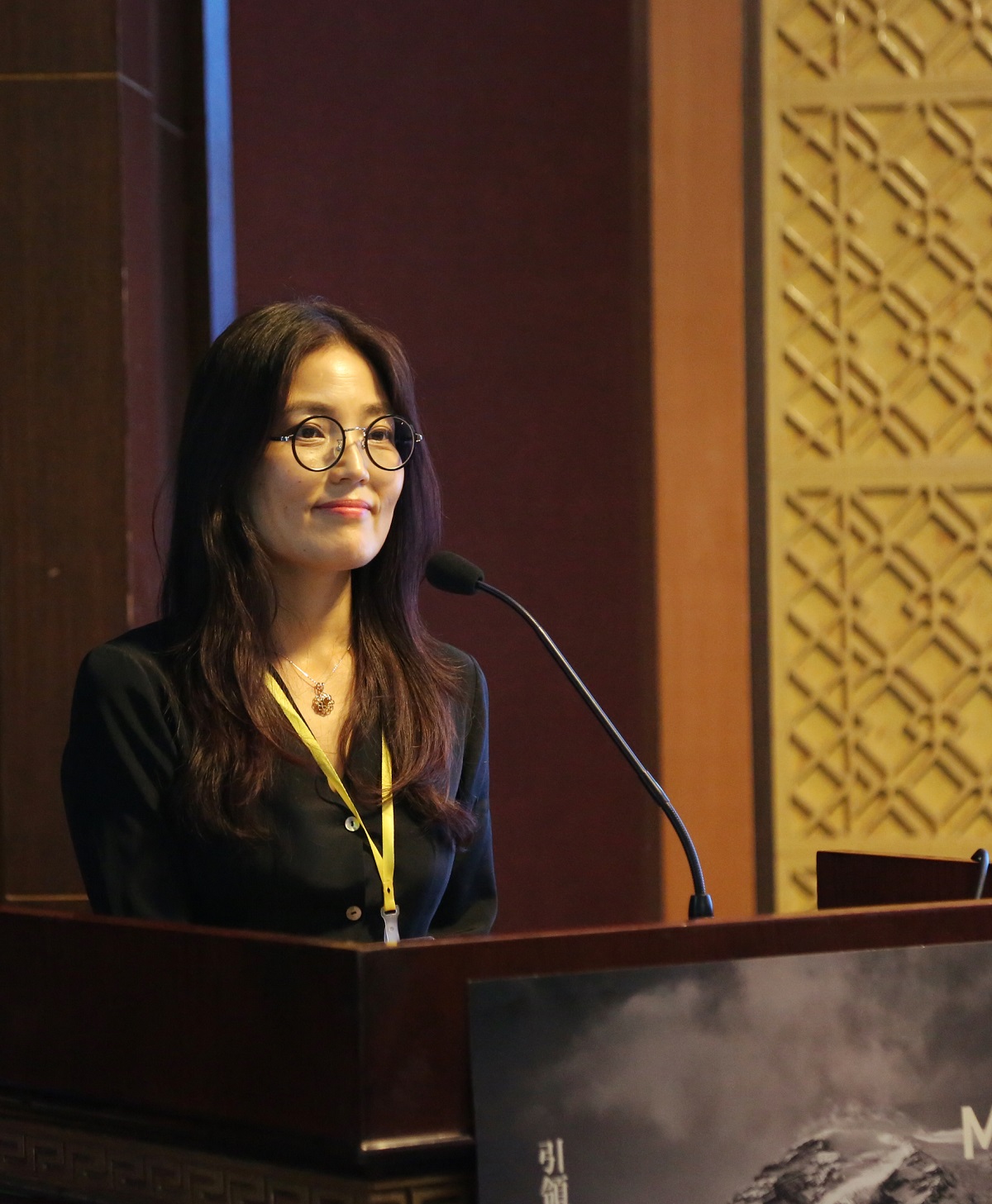
Lee Hyeon-Ju
Promoter of “Meatless Monday” in South Korea
Lee Hyeon-Ju operates the only Oriental medical pharmacy in South Korea that uses plants as raw materials. She believes that modern people invest a lot of money in the profit-oriented pharmaceutical market system. People consume lots of medicine throughout their lives, and the chemicals in these medicines negatively impact the human body. She longed for people to enjoy a healthy and happy life, rather than become a slave to the medical system.
To combat this, Lee Hyeon-Ju launched the “Meatless Monday” in South Korea, dedicated to promoting plant-based diets in public institutions.
She believes that we must first establish a relationship network to expand our influence through cooperation with institutions. Second, Lee Hyeon-Ju used elections and political activities to promote “Meatless Monday” and utilized the media to increase impact, and urged educational institutions to make changes.
She made three policy recommendations to schools: the first is to provide vegetarian meal options; the second is to provide vegetarian food every Monday; and the third is to provide parents, teachers, faculty members, and nutrition teachers with mandatory courses in vegetarian nutrition.
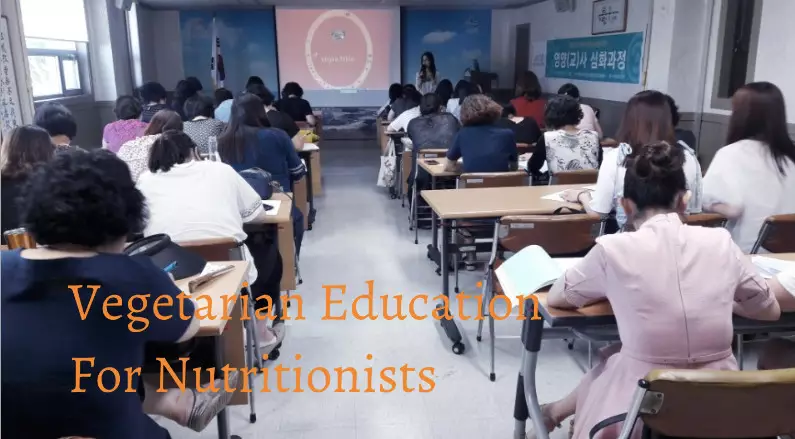
In the beginning, when she mentioned that she was a vegetarian, people would think she was a bit weird. After nine years, when she mentioned that she was a vegetarian, other people would say, “Oh, you are a very healthy person.” (Lee Hyeon-Ju is already a mother and her son is 27 years old!)
What is good food?
Lee Hyeon-Ju believes that good food is the balance between body and soul, the balance between delicious and healthy, the balance between individual health and social health. In general, it is through the balance between food and the environment of the earth.
Expert panel discussion
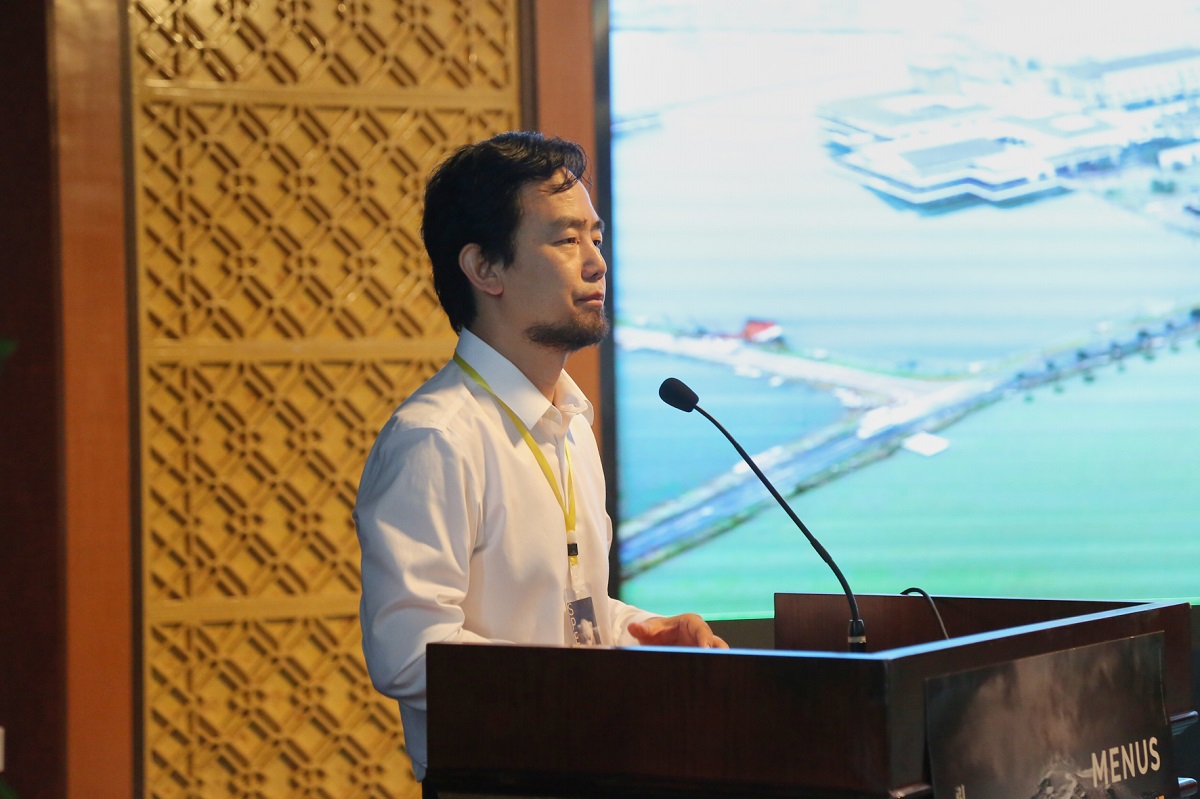
Zhang Min
Partner of Jiangsu No.1 Farm Technology Co., Ltd.
Perspective: Farm No.1 & Food Farmer Education
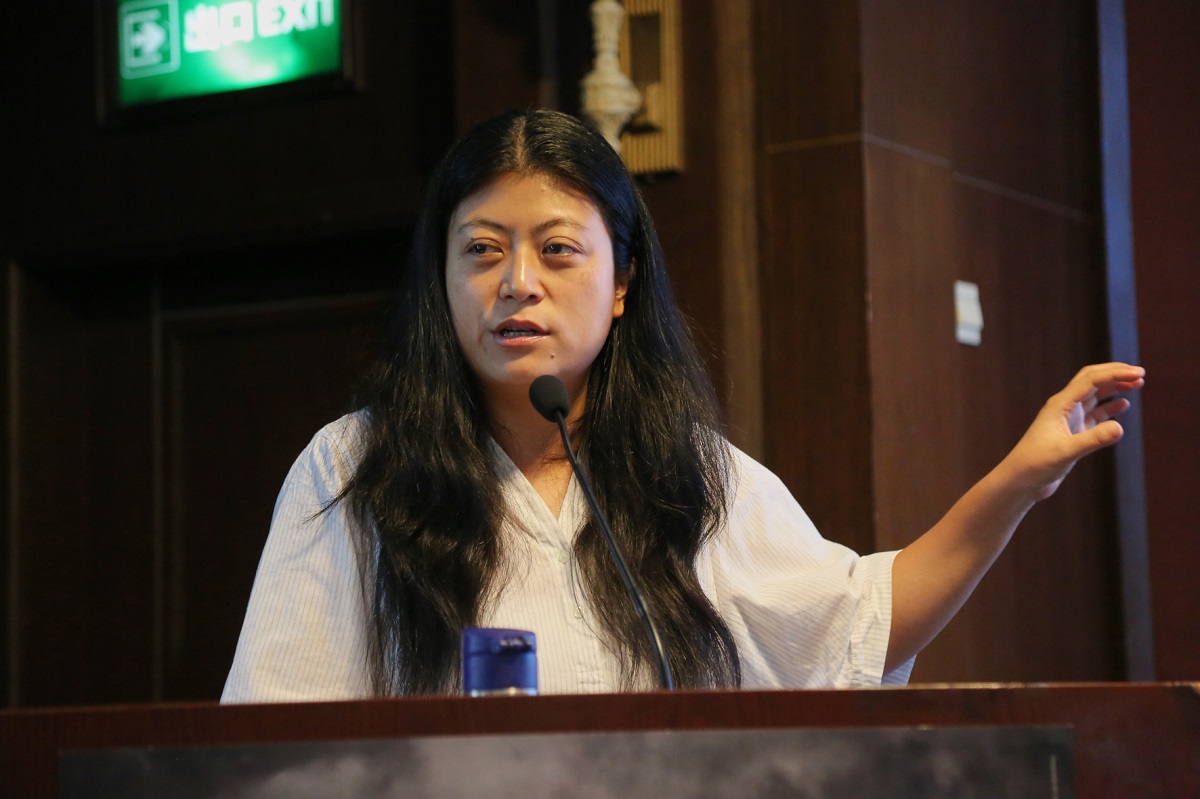
Chang Tianle
Convener of Beijing Farmers' Market, editor-in-chief of Food Think
Perspective: Food System Crisis & Organic Farmers Market
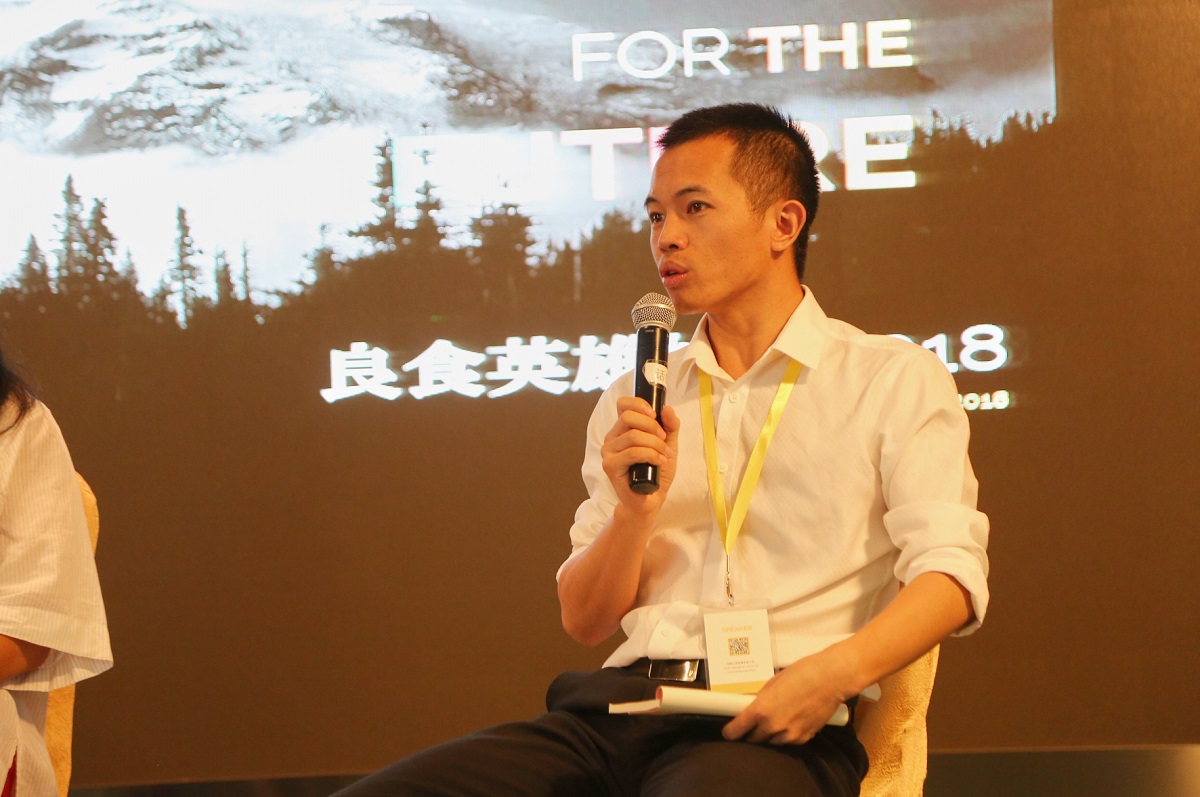
Zhang Shuilong
Founder of Xiamen Haomao Ecological Civilization Center
Perspective: garbage classification & ecological civilization
Question 1:
What is the ideal public institution's food system in your mind?
Zhang Min:
Public institutions should promote excellent and pragmatic standards, such as the GAP standard, to implement sustainable food systems.
Chang Tianle:
It is better to make local purchases, discover local cultural resources, and prepare local ingredients. What's more realistic is improving training so that canteen managers, chefs, employees, and even consumers have a higher awareness of healthy food and make sure that everyone knows food can also be very delicious with less sugar, less salt, less oil, and fewer additives.
Zhang Shuilong:
It should be considered from the entire life cycle of food, from production to sales, to consumption, to the back-end processing that forms a closed-loop system. We introduced the concept of zero-abandoned schools, encouraging schools to compost and dispose of recyclable garbage on site. In addition to the sustainability of the food system, we must also work to improve the water, soil, climate, etc. If the entire environment is broken, the food system will not be sustainable.
Question 2:
As far as your work experience is concerned, what are the most practical improvements that some large organizations can currently work on?
Zhang Min:
Colleges and universities can train chefs. Student clubs can encourage schools to serve vegetarian options. Everyone wants to be a healthy person deep down; the key is to discuss practical solutions and balance.
Chang Tianle:
We should improve the education of children. When the school has compost and a vegetable garden, the child starts to understand what is going on in the material cycle and slowly reduces food waste. Suppose we let our children learn about food through observations and allow them to reflect on their relationship with the environment and themselves and society. In that case, the child will gradually become a more healthy and responsible person.
Zhang Shuilong:
I want to talk about an important past experience. When we were doing waste sorting, colleges and universities were already promoting it. Still, it lacked enforcement and eventually turned into mutual excuses between departments, including universities and junior high schools of a specific size. We need to stand at a higher perspective and be clear about questions such as "when" and "whose responsibility". Otherwise, some challenges will appear through the cracks of the system.
Question 3:
We can see the professional aspects of each from your speeches. Can you share the resources, skills, and organizations or individuals you want to link with you?
Zhang Min:
Organic agriculture is relatively large in China. In the previous speech, we also mentioned the concept of "shared farm"; we are willing to share resources. Those who are interested in doing nature education can come to our farm. We have land, classrooms, and personnel, even including our customers. Hopefully, we can jointly promote the development of the industry.
As for education, I am a beginner and I hope to learn from you.
Chang Tianle:
In the past few years, the farmers' market has implemented our ideas. We have helped schools build vegetable gardens, helped schools take over the farm, have done some piecemeal work, and accumulated some experience. Next, we want to sort out and share positive experiences from all over the country, including the international community. Food Think is more about connecting and disseminating work to receive information here, and everyone is welcome to publish such information.
We also hope to launch some courses that meet everyone's needs, so we will also seek opinions from you in the future. Which areas do you think need more systematic learning? We will go to an expert to build this course, teach online or train teachers to use online teaching in various communities.
Finally, we want to be a food group that supports grassroots movements. For example, if you're going to compost, you can spend 10,000 or 20,000 yuan to buy some equipment in the community. We hope to provide a small amount of funding to improve the sustainable food system.
Zhang Shuilong:
We have a very important mission in the future to let more institutions understand the government. Chinese institutions and foreign institutions are two completely different concepts. We should think more about what role we should play in a system like ours.
Summit Food
The chefs from the Tibet Hotel were in charge of lunch on the third day of the summit. This was the first time they have prepared a vegan buffet! After lunch, each participant voted for their favorite dish, and the winner was a soup made by Chef Zheng~
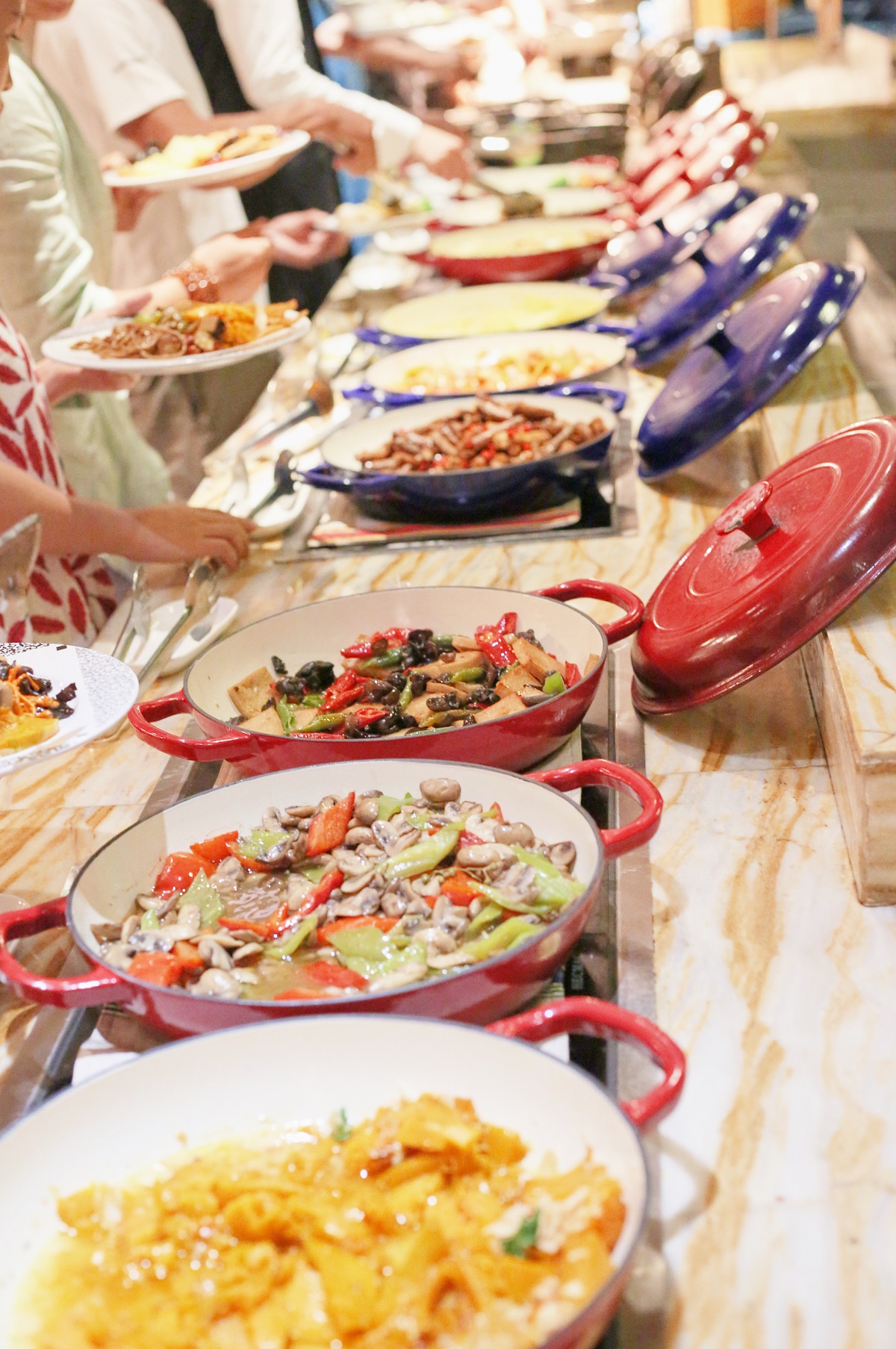




Recording | Jingan
Editor | Miaojie
Photographer | Xiaoye